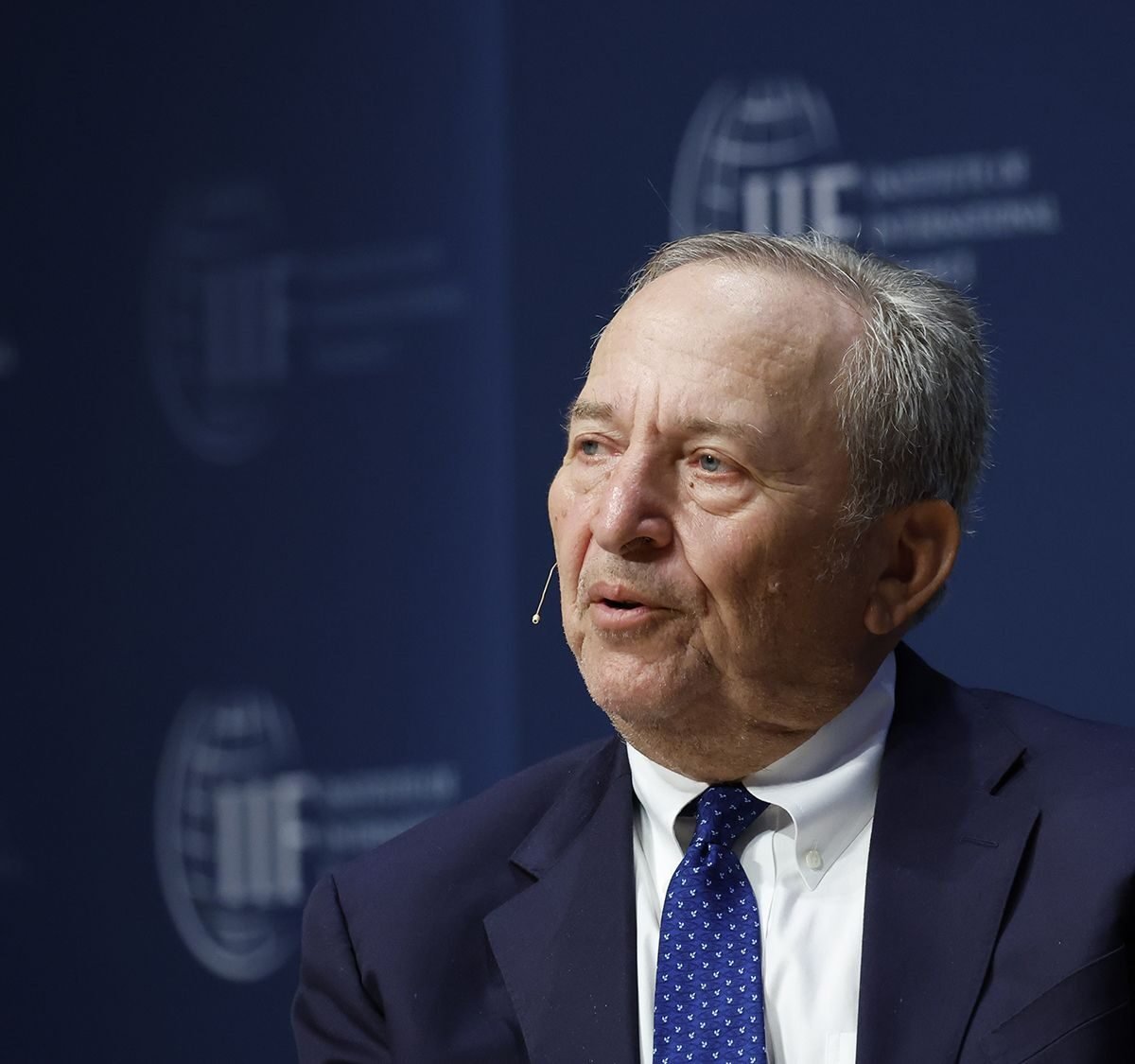Who is Larry Summers?
Lawrence Henry Summers, commonly known as Larry Summers, is one of the most influential economists of our time. He has played a crucial role in shaping global economic policies, serving in key positions such as U.S. Treasury Secretary and President of Harvard University. With a deep understanding of macroeconomics, inflation, and financial markets, his insights continue to impact global decision-making.
Early Life and Education
Born on November 30, 1954, in New Haven, Connecticut, Summers grew up in an academically inclined family. He attended the Massachusetts Institute of Technology (MIT) for his undergraduate degree and later earned his Ph.D. in economics from Harvard University. By his mid-20s, he became one of the youngest tenured professors in Harvard’s history.
Key Roles and Contributions
Chief Economist at the World Bank (1991-1993)
Summers gained international recognition when he served as the Chief Economist of the World Bank. During his tenure, he focused on global economic development, particularly in emerging markets. His work helped shape policies that influenced economic stability in developing nations.
U.S. Treasury Secretary (1999-2001)
Under President Bill Clinton, Summers served as the U.S. Treasury Secretary. He played a significant role in:
- Overseeing economic policies that led to budget surpluses.
- Advocating for financial deregulation, which later sparked debates on its long-term effects.
- Managing the response to the 1997 Asian financial crisis.
His policies during this time were instrumental in shaping the financial landscape of the early 21st century. While some praised his efforts in economic growth, others argued that deregulation contributed to the 2008 financial crisis.
President of Harvard University (2001-2006)
As the President of Harvard University, Summers sought to modernize education and research. His leadership saw increased funding for scientific research and technological innovation. However, his tenure was marked by controversy over remarks on gender and science, leading to his resignation in 2006.
Director of the National Economic Council (2009-2010)
During President Barack Obama’s administration, Summers played a key role in handling the 2008 financial crisis. His policies focused on:
- Stimulus packages to prevent economic collapse.
- Bank bailouts to stabilize financial institutions.
- Long-term recovery strategies.
Summers’ economic interventions were crucial in preventing a deeper recession, though critics argue that some measures favored Wall Street over Main Street.

Economic Theories and Views
Summers is known for his straightforward and sometimes controversial opinions on economic policies. Here are some of his key economic views:
Inflation and Interest Rates
Summers has frequently warned about inflation risks, arguing that excessive government spending can lead to higher prices. He advocates for controlled interest rate hikes to prevent runaway inflation. His predictions on inflation trends have often been accurate, making him a trusted voice in economic forecasting.
Recession Predictions
He has accurately predicted several economic downturns, including the 2022 warnings about a potential U.S. recession due to high inflation and aggressive Federal Reserve policies. Summers often emphasizes the importance of balancing economic stimulus with inflation control to avoid financial instability.
Taxation and Public Spending
Summers supports higher taxation for the wealthy to balance economic inequality. He has also argued that government spending should be targeted at infrastructure and innovation rather than excessive stimulus programs. His belief in progressive taxation is aimed at ensuring economic fairness while maintaining financial growth.
Impact on Global Economics
Summers’ influence extends beyond the U.S. His recommendations have shaped policies in international organizations such as the International Monetary Fund (IMF) and the World Bank. His expertise is sought in matters related to:
- Global financial stability
- Economic growth in developing countries
- Technological advancements in economics
His contributions have been particularly valuable in shaping economic policies that drive sustainable development and financial stability worldwide.
Controversies and Criticisms
Despite his expertise, Summers has been a polarizing figure. Some criticisms against him include:
- His role in financial deregulation, which some blame for the 2008 crisis.
- Controversial statements on gender and academia.
- Support for corporate interests over grassroots economic policies.
While some view him as a visionary economist, others argue that his policies have sometimes favored large financial institutions at the expense of economic equality.
Current Work and Influence
Summers continues to be a leading voice in economic discussions. He regularly appears in media, provides consultancy for financial institutions, and lectures at prestigious universities. His predictions and analyses remain highly regarded in economic policymaking.
In recent years, he has focused on:
- Climate change and its economic impact
- The role of technology in shaping financial markets
- Strategies for long-term economic resilience
Conclusion
Larry Summers is a towering figure in global economics. Whether you agree with all his policies or not, his impact on financial markets, economic policies, and global institutions is undeniable. His insights on inflation, interest rates, and global financial stability continue to shape economic debates today. His career serves as a testament to the power of economic strategy in shaping the world’s financial future.
Also Read – Ben Bernanke: The Man Who Steered the U.S. Economy Through Crisis






